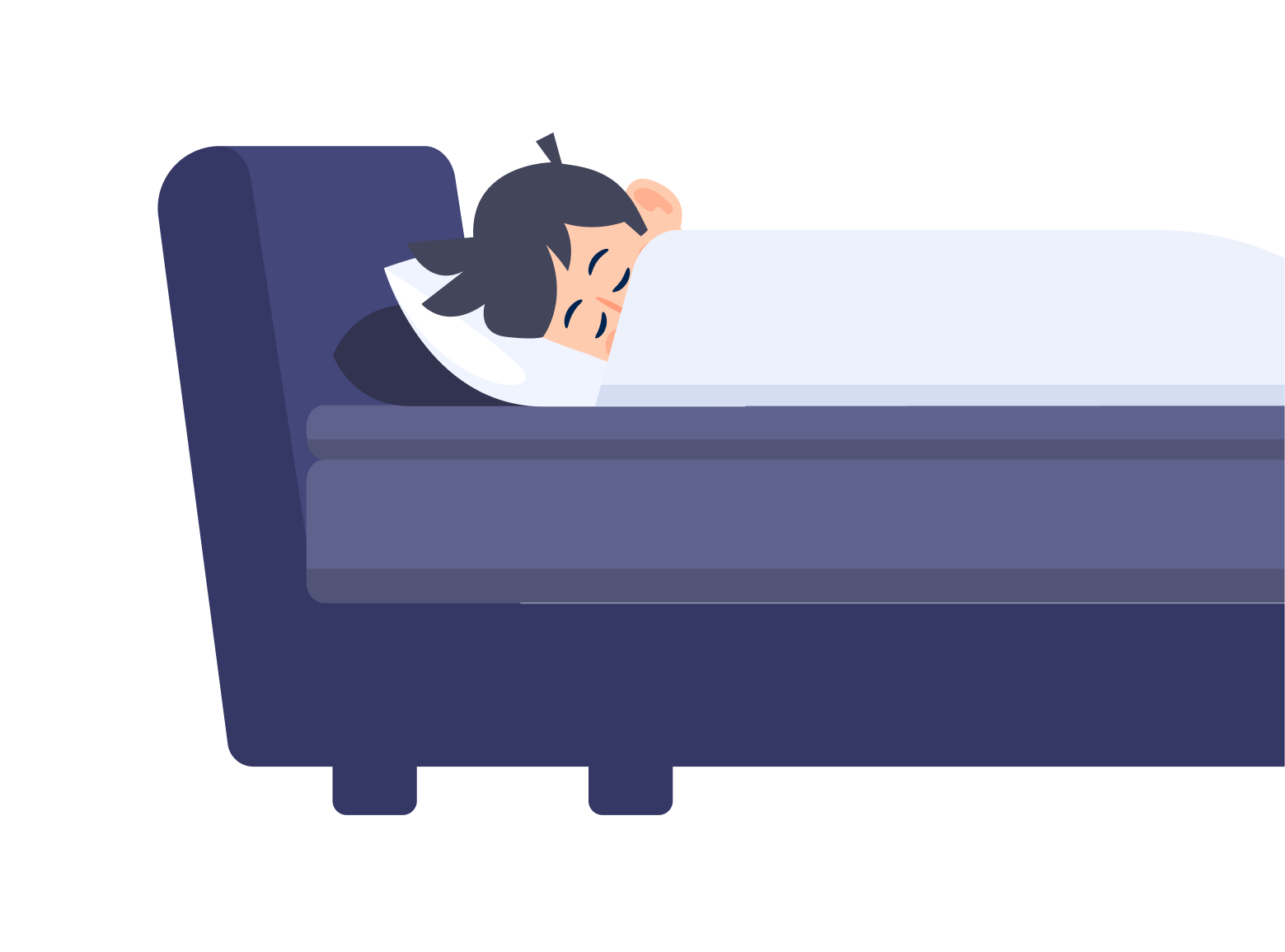Nightmares, vivid and unsettling dreams, often awaken us from sleep, leaving a lingering sense of anxiety or fear. While common in children, nightmares can occur at any age, reflecting a range of psychological and physical triggers. This article delves into the causes of nightmares and explores effective solutions, aiming to provide valuable insights for those seeking relief from these distressing dreams.
Causes of Nightmares
- Stress and Anxiety: One of the most common triggers for nightmares is daily stress and anxiety. Worries related to work, relationships, or other aspects of life can manifest in our subconscious, leading to disturbing dreams.
- Trauma and PTSD: People who have experienced traumatic events often relive these experiences in their dreams. Conditions like Post-Traumatic Stress Disorder (PTSD) are closely associated with frequent and intense nightmares.
- Sleep Disorders: Disorders like insomnia and sleep apnea can disrupt normal sleep patterns and increase the likelihood of nightmares.
- Medications and Substances: Certain medications, particularly those affecting the brain and neurotransmitters, can contribute to nightmares. Substance abuse and withdrawal also play a significant role.
- Illness and Fever: Physical illnesses, especially those accompanied by fever, can trigger bizarre and intense dreams.
- Diet and Eating Habits: Eating just before bed, particularly spicy or heavy foods, can lead to discomfort and nightmares.
- Genetic Factors: A predisposition to nightmares can sometimes be inherited, making some individuals more prone to them than others.
Solutions to Nightmares
- Stress Management and Relaxation Techniques: Adopting stress-reducing activities such as meditation, yoga, or deep breathing exercises can help alleviate nightmares.
- Therapy and Counseling: For those suffering from trauma or anxiety-related nightmares, therapy, particularly cognitive-behavioral therapy (CBT), can be highly effective.
- Healthy Sleep Habits: Establishing a regular sleep schedule, creating a comfortable sleep environment, and avoiding stimulants like caffeine before bedtime can promote better sleep and reduce nightmares.
- Medication Review: If nightmares are a side effect of medication, consulting with a healthcare provider about alternatives or dosage adjustments is advisable.
- Avoiding Late-Night Meals: Refraining from heavy or spicy meals before bed can minimize the chances of experiencing nightmares.
- Journaling: Writing down worries or stressful thoughts before bedtime can help clear the mind and reduce the likelihood of nightmares.
- Seeking Professional Help: In cases of persistent nightmares, especially if they impact daily functioning, seeking help from a sleep specialist or psychologist is recommended.
Nightmares, while often distressing, are usually not a cause for serious concern. However, understanding their triggers is key to finding effective solutions. By addressing underlying issues, practicing good sleep hygiene, and seeking professional help when needed, individuals can significantly reduce the frequency and intensity of nightmares. Remember, a good night’s sleep is essential for overall health and well-being, and addressing nightmares is a step in the right direction.








